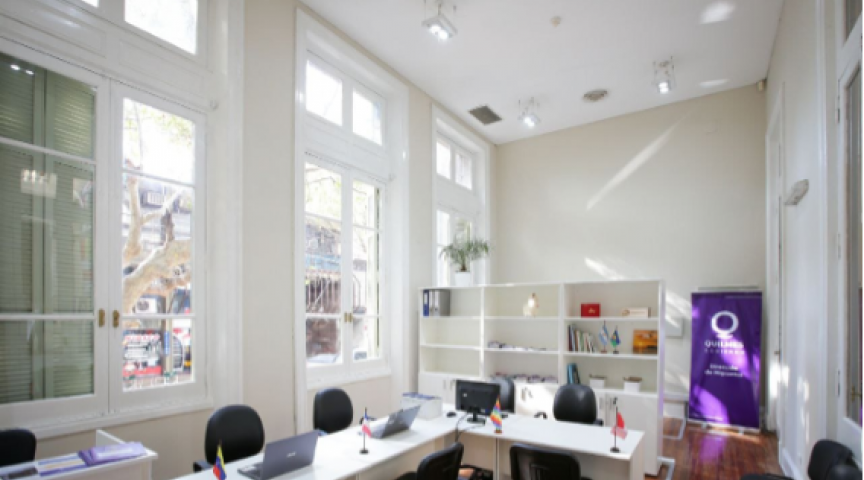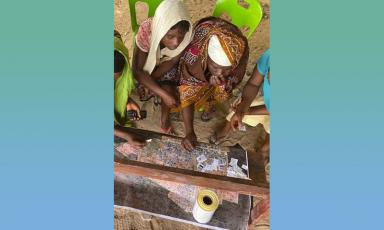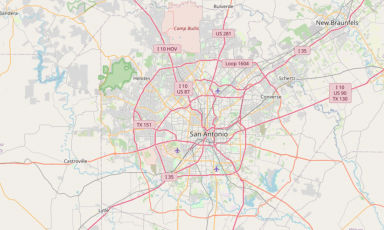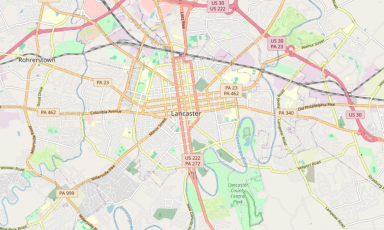Quilmes, Argentina
Municipal Migration Governance Plan for Migrants and Refugees in Quilmes

Summary
The Municipality of Quilmes commits to implementing its Second Municipal Migration Governance Plan (2023 – 2027).
Quilmes is the first municipality in Argentina to be declared "plurinational and intercultural" due to its significant migrant and refugee population, constituting 8% of the total inhabitants, with around 54,000 people of foreign origin.
In 2019, the first Municipal Migration Governance Plan was launched offering an overarching strategy for policy planning. The municipality is now implementing the second iteration of the Municipal Plan.
This plan has three main axes:
- Ensure access to rights for migrants and refugees.
- Promote the institutional strengthening of local policies affecting the migrant and refugee population.
- Highlight and celebrate interculturality.
Key activities include:
- Provision of services through the Office for Migrant Assistance, including help with document processing, provision of equal access to health care and education, and addressing cases of discrimination.
- Organization of Migrant Care Workshops in specific neighborhoods.
- Offering awareness workshops and employability programs aimed to migrant and refugee communities.
- Setting up Comprehensive Mobile Consulates to bring consular services closer to the population of interest.
- Promoting active political and social participation of migrants and refugees.
- Improving infrastructure of schools with large attendance of refugee students.
Impact
So far the plan has achieved the following:
- More than 120 Migrant Attention Days in the neighborhoods.
- More than 4,000 neighbors carried out procedures and received advice.
- More than 1,800 people were able to obtain their residency.
- More than 14 Integral Consular Days (Bolivia, Paraguay, Venezuela, Uruguay and Peru).
- Regularization of migrant organizations in the district and support to institutions through subsidies.
- 3 agreements signed with DNM, UNHCR and IOM.
- More than 100,000 people in the 2022 and 2023 editions of the Fiesta de las Colectividades.
- 8 cycles Latidos de Colectividades (Collectivities' Beats).
- 2 Collectivities Festivals attended by 200,000 people.
The Migrant Attention Office is in charge of promoting equal access to health and education services and the intervention of the area in cases of discrimination. Training and entrepreneurship programs are also developed for migrant communities.
In terms of political rights, the municipality promotes active citizen participation, resulted in an increase of more than 80% of political participation in the last four years from 2019 to 2023. Despite voting being a limited right, 20,000 migrants voted in the last district elections, a significantly higher number than in 2015.
In articulation with UNHCR, the municipality is working on improving the infrastructure of schools, populated mostly by refugee students, to promote quality education.
Lessons learned
Local governments must have the political will and capacity to promote migration governance in their territories through the design and implementation of actions aimed at the target population. The National Migration Law of Argentina, a global example, requires, in order to be effective, the articulation between all levels of the state and actors involved to ensure its effective compliance in the territory. For this reason, the Municipality of Quilmes developed the Municipal Plan for Migration Governance which, based on its three axes, aims to promote the comprehensiveness of the programs: socioeconomic integration, strengthening of health care, prevention of discrimination, among others. In this regard, it is essential to strengthen strategic partnerships with various sectors and collaboration between the different state levels to ensure access to rights and welfare of the migrant population. In addition, it is essential to promote the political involvement of communities in various areas of decision-making and citizen participation.


